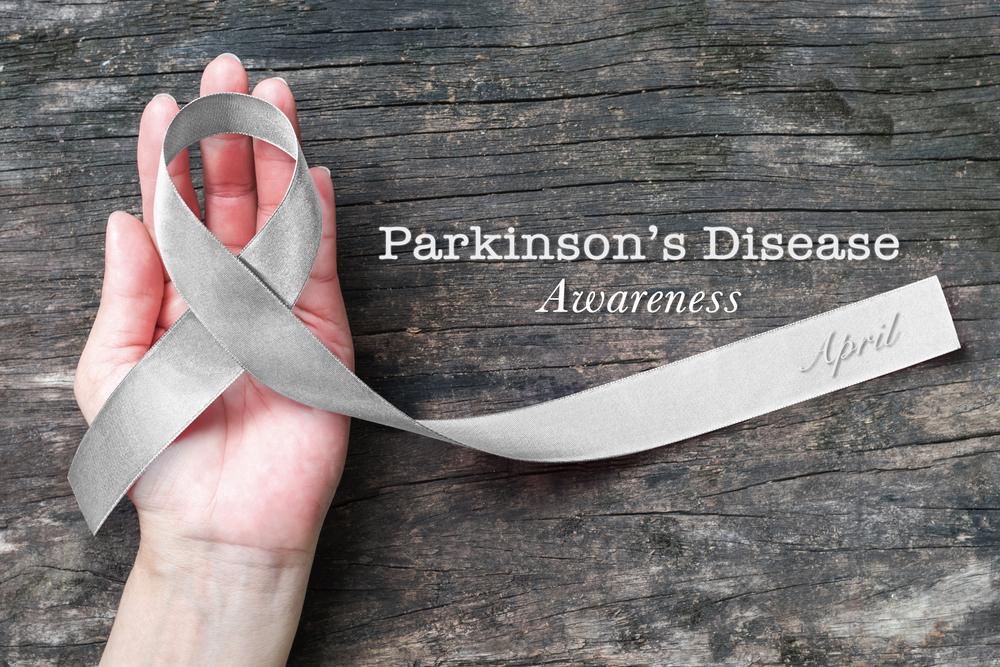Understanding the Signs and Symptoms of Parkinson’s Disease
This article provides a comprehensive overview of Parkinson’s disease, highlighting early symptoms such as tremors, stiff muscles, and movement difficulties. It emphasizes the importance of early diagnosis and highlights risk factors like age and genetics. The article also discusses disease progression, including symptoms like sleep disturbances, loss of taste, and posture changes. Understanding these signs can aid in timely medical intervention, improving quality of life for affected individuals. Regular check-ups and awareness are vital for managing Parkinson’s effectively.

Understanding the Signs and Symptoms of Parkinson’s Disease
Parkinson’s disease is a neurological condition with an unknown cause, yet it is manageable with proper treatment. It progresses gradually, with symptoms worsening over time. The disease involves the degeneration of brain cells that produce dopamine, a neurotransmitter essential for controlling movement. Aging is the primary risk factor, especially for individuals over 60. Genetic predisposition plays a minor role unless there is a family history. Environmental factors may also influence its development.
The early stages are often subtle, making detection difficult. Initial signs may include a barely noticeable tremor in a relaxed hand, which gradually becomes more evident. Over time, changes such as diminishing handwriting, reduced arm swing while walking, and persistent muscle stiffness may occur. These shifts are usually noticeable to family or close friends. As the disease advances, additional symptoms like a loss of taste, sleep disturbances, and frequent falls may develop, signaling the need for medical evaluation.
Progression of Parkinson’s leads to slowed movement, known as hypokinesia, affecting daily activities. Patients might experience constipation, urinary issues, decreased voice volume, dizziness upon standing, facial rigidity, and a stooped posture. Social withdrawal can occur, emphasizing the importance of early diagnosis and treatment. If these symptoms appear, consulting a healthcare professional is essential for managing the condition effectively.










